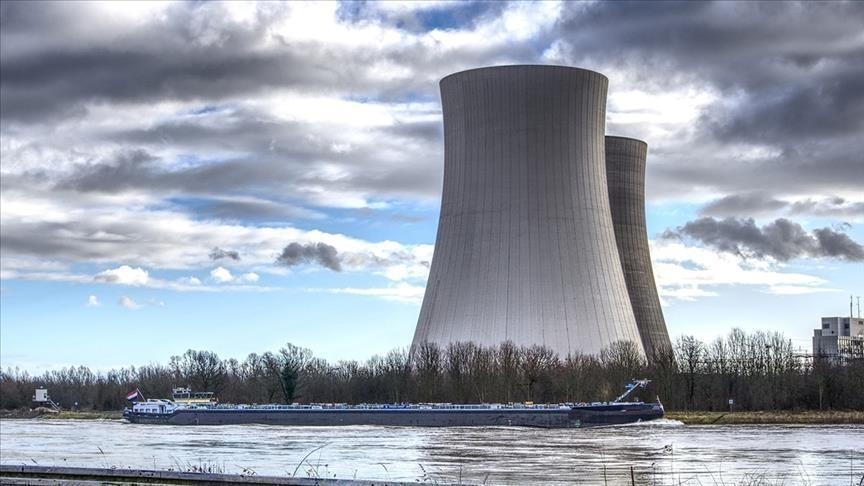Turkey signals shift in Israel policy
Foreign Minister Abdullah Gul said both moves were possible but added that the recall of the Turkish ambassador would be for consultations over what could be done to contribute to peace efforts in the Middle East.
"The ambassador can come here for talks on what Turkey can do more on the Middle East peace process. Then he would return to his post," Gul told reporters after a meeting with visiting Bulgarian counterpart Solomon Pasi.
He also said Turkey could appoint a new consulate general with ambassadorial rank to the Palestinian Authority, saying there were past examples of such appointments by other countries.
The Israeli offensive last week in the Gaza Strip, which left more than 40 Palestinians dead, drew strong criticism from Turkey. Israeli forces destroyed dozens of buildings and left hundreds homeless in a six-day raid on Rafah refugee camp, which ended on Monday. Israel says the action, which sparked outrage abroad, was legitimate to destroy arms smuggling tunnels.
On Tuesday, an Israeli minister listened to harsh words from Erdogan on the Gaza operation.
"The prime minister was very unhappy, to say the least," Yosef Paritzky, the infrastructure minister of Israel, told reporters on Tuesday night after a one-hour meeting with Erdogan. "He claimed that the activities of the State of Israel do not promote peace and it’s actually violence against violence."
"You cannot fight terrorism with terrorism," Erdogan told the minister at the closed-door meeting. "The Palestinian people do not have tanks or shells."
"You say you are evacuating Gaza. Are you achieving this by demolishing all the houses there?" Erdogan said. "We condemn the mentality which drops bombs on the Rafah camp as well as terrorism."
The prime minister also said the time was not right for a visit to Israel after receiving an invitation from Paritzky, emphasizing that things had to be settled first.
Despite criticisms from Erdogan, Paritzky played down the tension with the prime minister.
"There are disagreements — they occur amongst friends," Paritzky said. "But I have the feeling the prime minister understands the special relationship between Israel and Turkey, that he wants to continue this relationship."
Tension over Palestinian policy
Turkey has strong diplomatic, economic and military ties with Israel. But it has also traditionally supported Palestinian aspirations for statehood, and Israel’s crackdown has angered the Turkish public. Turkish officials are also increasingly dismayed at Israel’s actions in the Palestinian territories.
In a move to intensify its ties with Palestinians, Ankara recently appointed Vehbi Dincerler, a former minister, as coordinator to liaise with the Palestinian Authority on financial aid from Turkey.
Erdogan’s Justice and Development (AK) Party has its roots in the country’s Islamic movement, where criticism of Israel has been especially harsh. The impact of the mounting dissatisfaction on the part of Ankara, however, is difficult to predict. The two countries are cooperating in several military projects, with Israeli companies having won several military modernization tenders and Turkey recently signed a deal to sell water to Israel.
Paritzky was in Ankara to oversee the signing of a $800 million deal for the construction of three natural gas power stations in Israel, between Israel’s Dorad Energies Ltd. and Turkey’s Zorlu Holding.
Mediation offer
Paritzky also said Erdogan had renewed Turkey’s offers to mediate between Israel and both the Palestinians and Syria.
"We shall be delighted for anyone — and of course Turkey — to be a power that will bring if not peace, at least some tranquility to the area," Paritzky said.
Erdogan said in December Turkey would like to help mediate between the two hostile neighbors, which held sporadic but fruitless peace negotiations until 2000.



